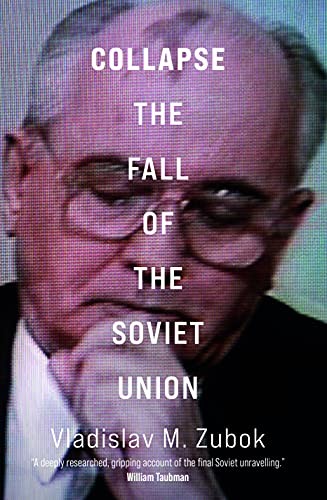Fer reviewed Collapse by Vladislav M. Zubok
Review of 'Collapse' on 'Goodreads'
5 stars
The processes of reform from actually existing socialism have been a subject of speculative analysis, particularly when they entailed the transformation of institutions from one-party rule into other forms of social organisation and participation. The reason is that most of them were eventually crushed, externally or internally.
This book provides an extremely thorough account of the failure of the one process that came to fruition - only to end up giving way to extreme capitalism. In many cases, the analysis is outright ruthless, but with good reason - it is vital to understand the shortcomings and the factors that drove perestroika and glasnost, and the Soviet experiment, to an end, and Zubok is keen on documenting it without fear or favour. It is also an enticing book with an engaging style, serving both as a divulgative work and as a reference for academic work.

